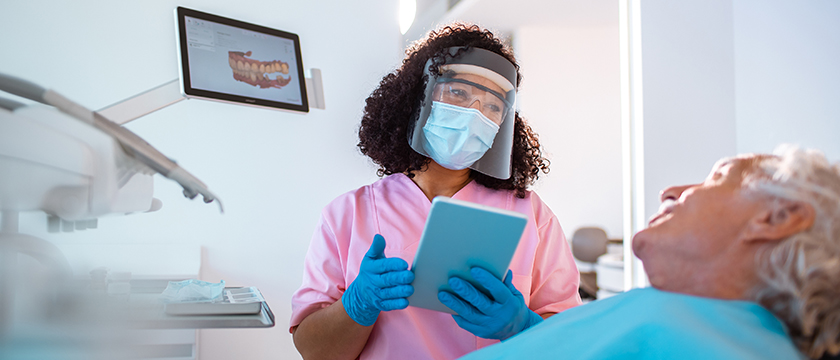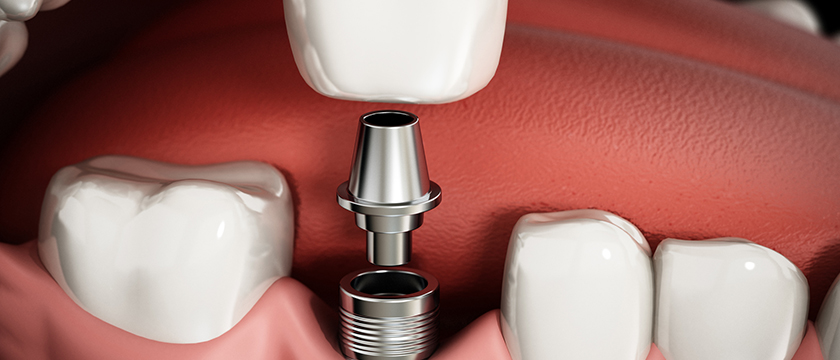Blog
 10 Jan 2024
10 Jan 2024
Your Guide to Overcoming the Fear and Anxiety of Visiting a Dentist
Are you afraid of going to the dentist? You are not alone in this fear. Millions of people around the world experience it every day. However, it is important not to let this fear keep you from attending regular dental checkups and getting necessary dental work done. Keep reading to learn more about dental phobias and how to overcome them.
 05 Jul 2023
05 Jul 2023
11 Questions You Should Ask Your Dentist Mississauga
Visiting the dentist can be a stressful experience, but knowing the right questions to ask while you are there may help you to relax and make the most of your time with your oral health team. Here are a few questions we recommend you ask during your next visit to the best dentist in Mississauga.
 17 Jun 2023
17 Jun 2023
Tips to Choose the Right Children’s Dentist Near You
Children need regular dental care as soon as their first tooth erupts around age 1. Just like adults, they may develop cavities, gum disease, and other oral health issues that need treatment. They must also be monitored for proper dental development and screened for orthodontic issues.
 05 Jan 2023
05 Jan 2023
10 Reasons Why You Should Visit Your Family Dentist Regularly
Do you remember when your last dental appointment took place? If it was more than six months ago, you might be putting your oral health at risk. There are many reasons why it is important to see your dentist regularly, with many professionals recommending a visit twice a year. Here are just a few of the benefits of attending regular family dentist appointments.
 05 Dec 2022
05 Dec 2022
Things You Need to Know Before Opting for Dental Implants
Many people who are thinking about getting dental implants feel apprehensive about the process. With so many unknowns to contend with, this is no surprise. Learning more about dental implants and the procedure needed to place them can put your mind at ease and help you discover if they are right for you.
 10 Oct 2022
10 Oct 2022
8 Things You May Not Know Your Dentist Does During a Checkup
Have you booked your next dental checkup yet? If not, you should. There is a good reason that your dentist recommends you visit them for a checkup every six months. These appointments give them the chance to perform many critical tasks that keep your teeth and gums in good shape. Our list of 8 things your
family dentist in Mississauga does during each checkup will help you understand why these biannual trips are so important.
 05 Jan 2022
05 Jan 2022
10 Reasons Why You Should Choose a Family Dentist
Do you and your children have a family dentist? If not, you should begin looking for one. Family dentists do much more than just clean and examine your teeth: they are your partner in the journey to improve your family’s oral health. Here are some of the top reasons it is worth your time to establish a relationship with a dentist for your family’s oral health needs.
 10 May 2021
10 May 2021
A Complete Guide to Choosing a Family Dentist
Children require regular dental care as much as any other type of healthcare, even when they are very young. The Canadian Dental Association recommends that all children visit a dentist before their first birthday and receive regular dental checkups every six months afterwards.
However, finding a family dentist in Mississauga is not always an easy task. You must choose a dentist that is able to provide reliable, convenient care for both the children and adults in your family. This guide will identify what to look for at a family dentist and offer tips to find the right one for you.
